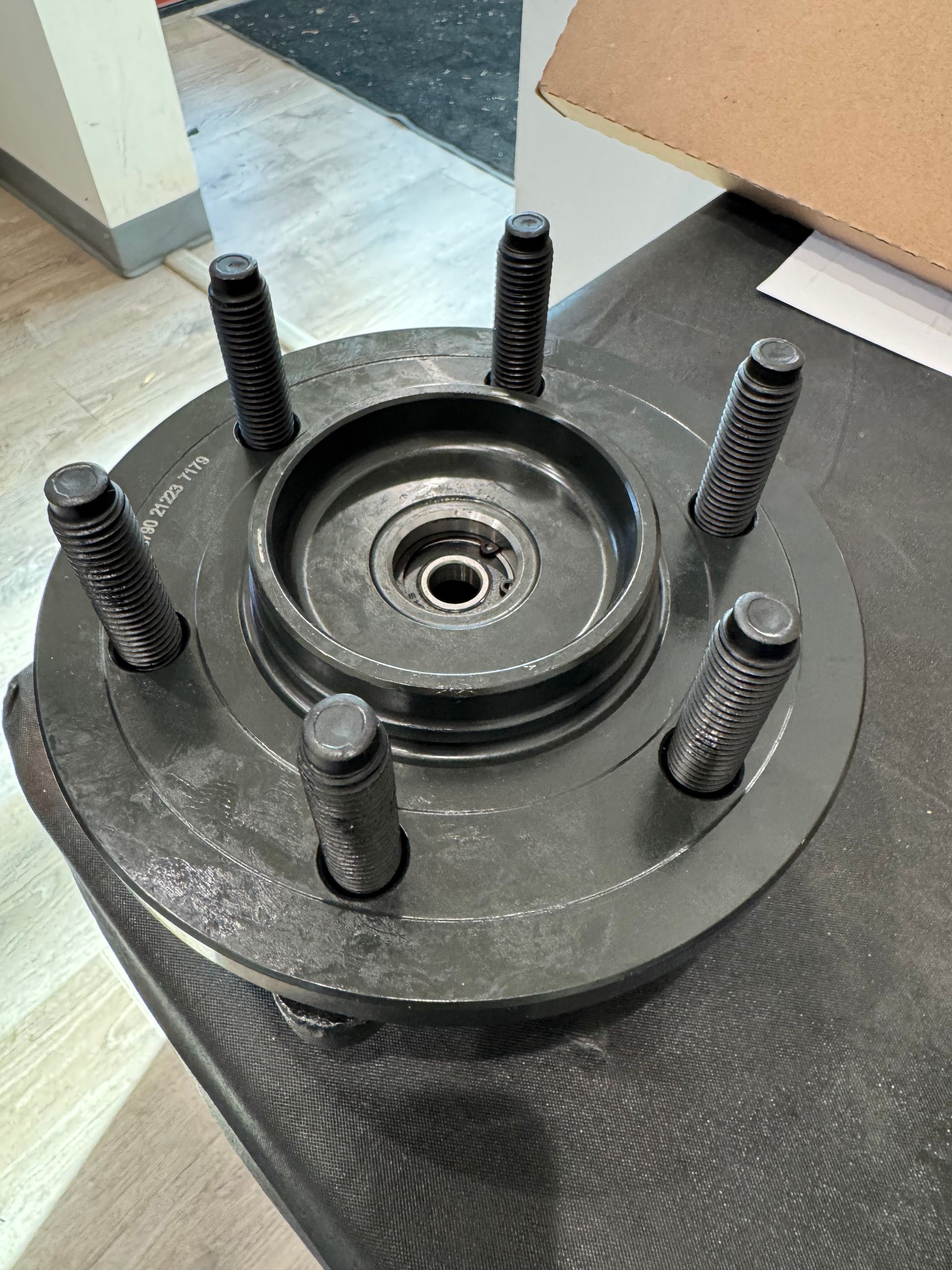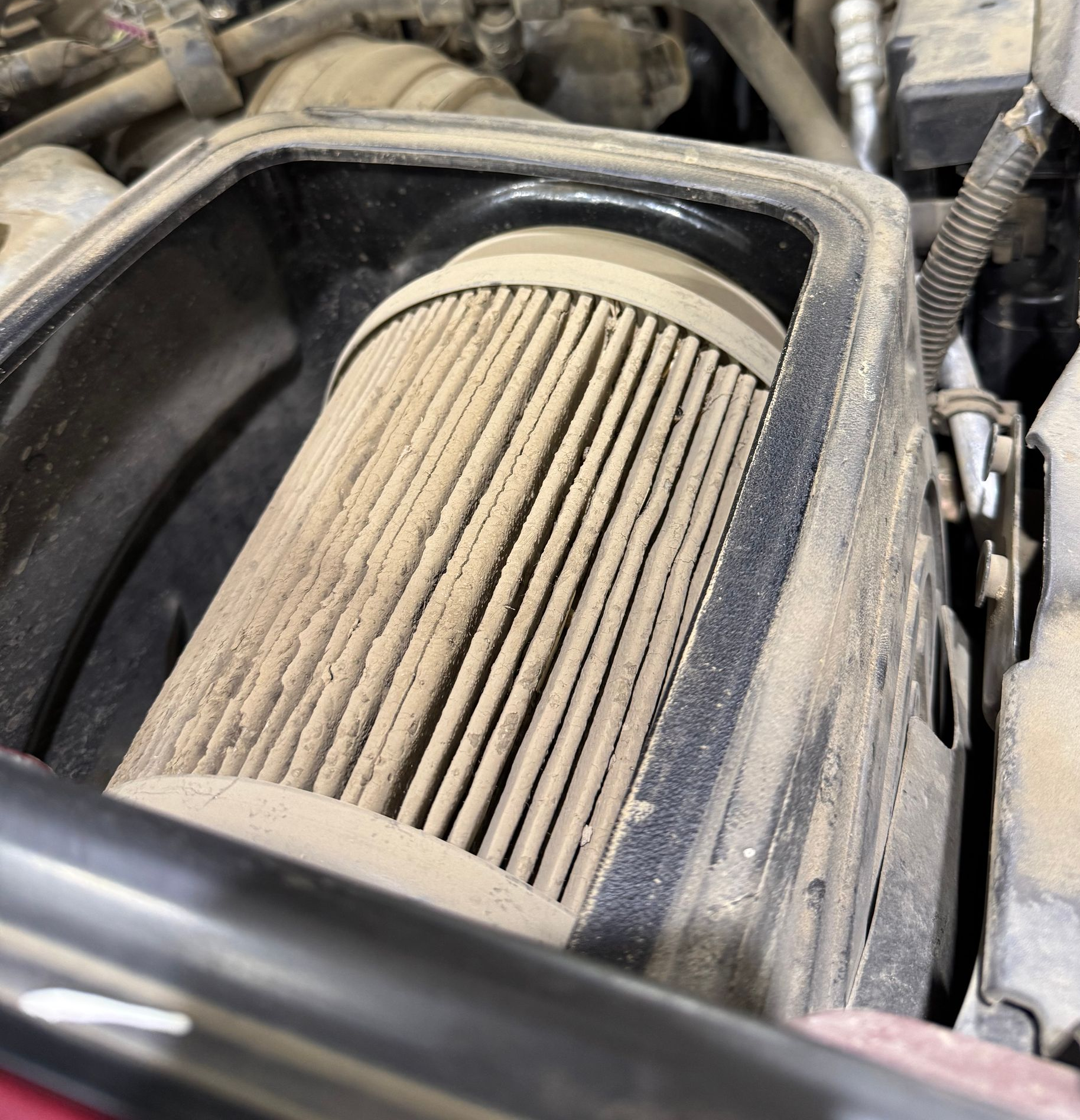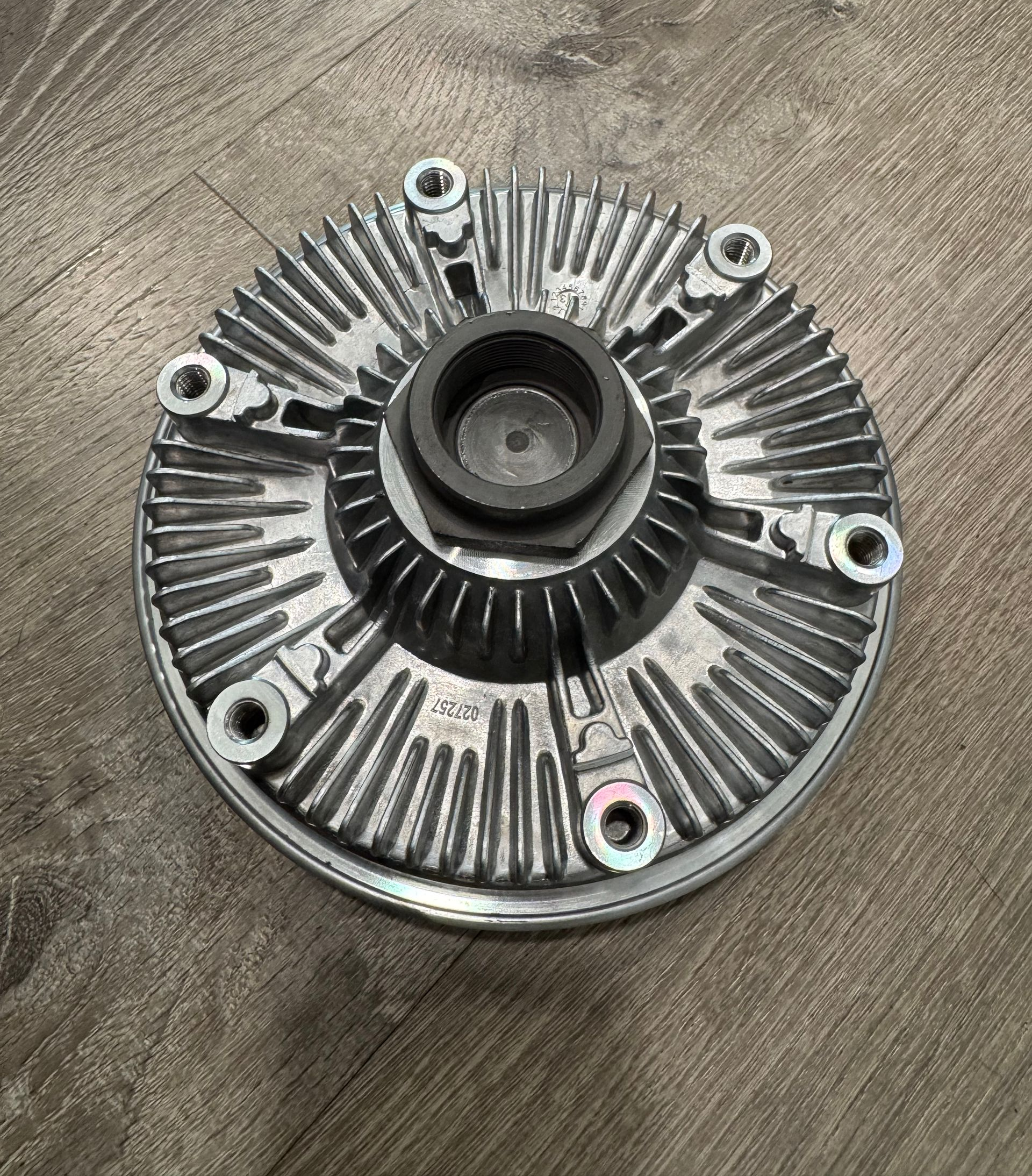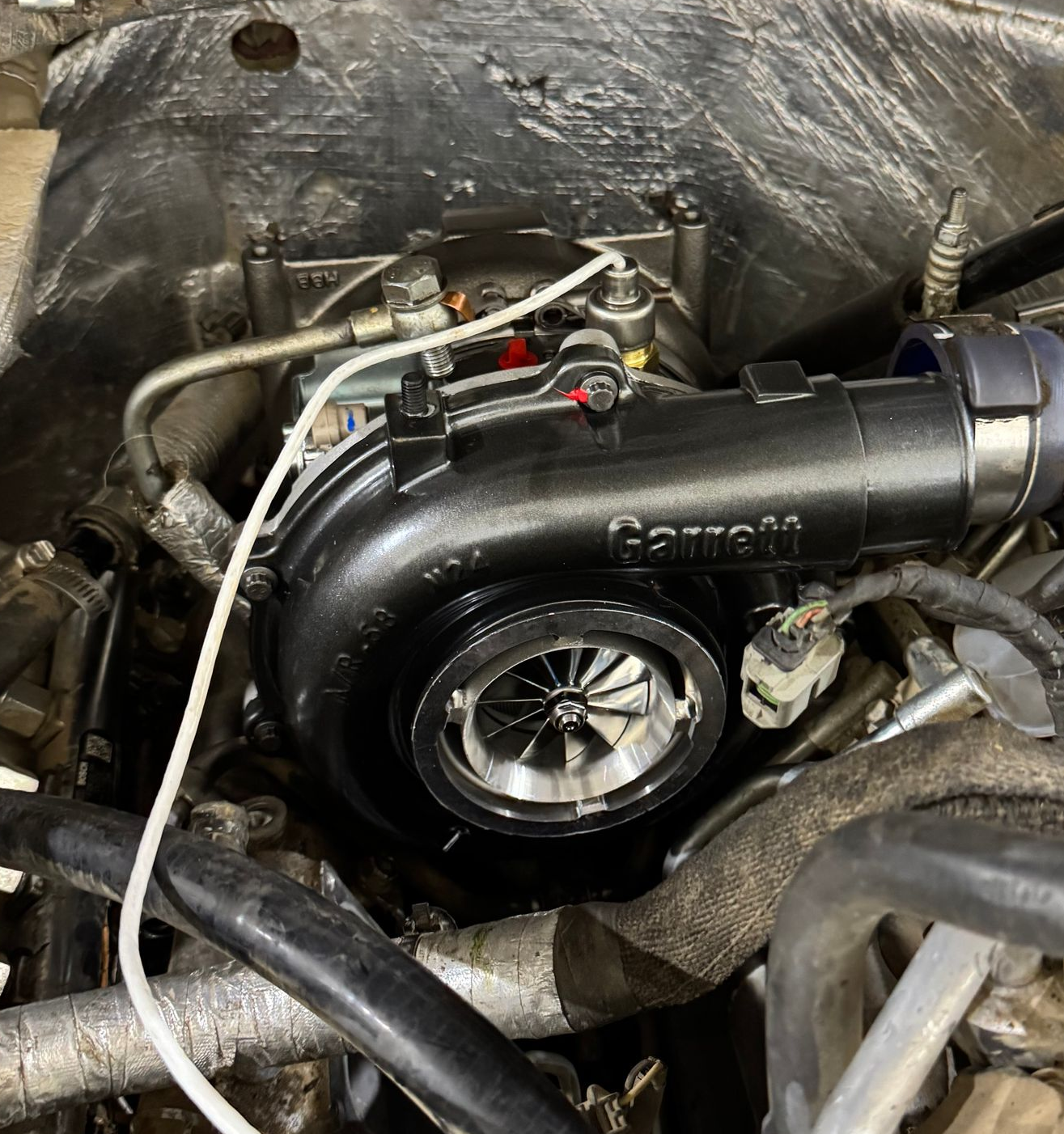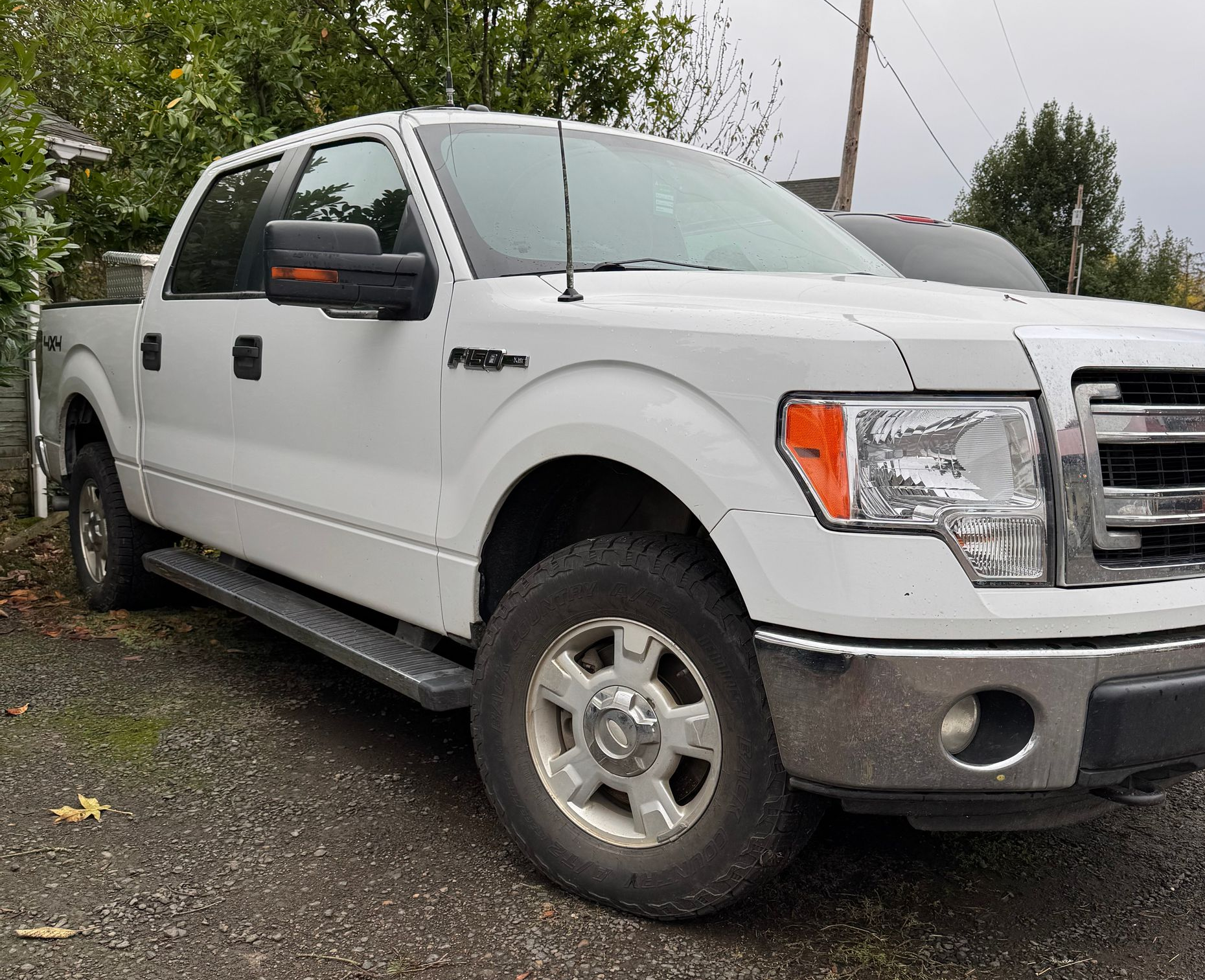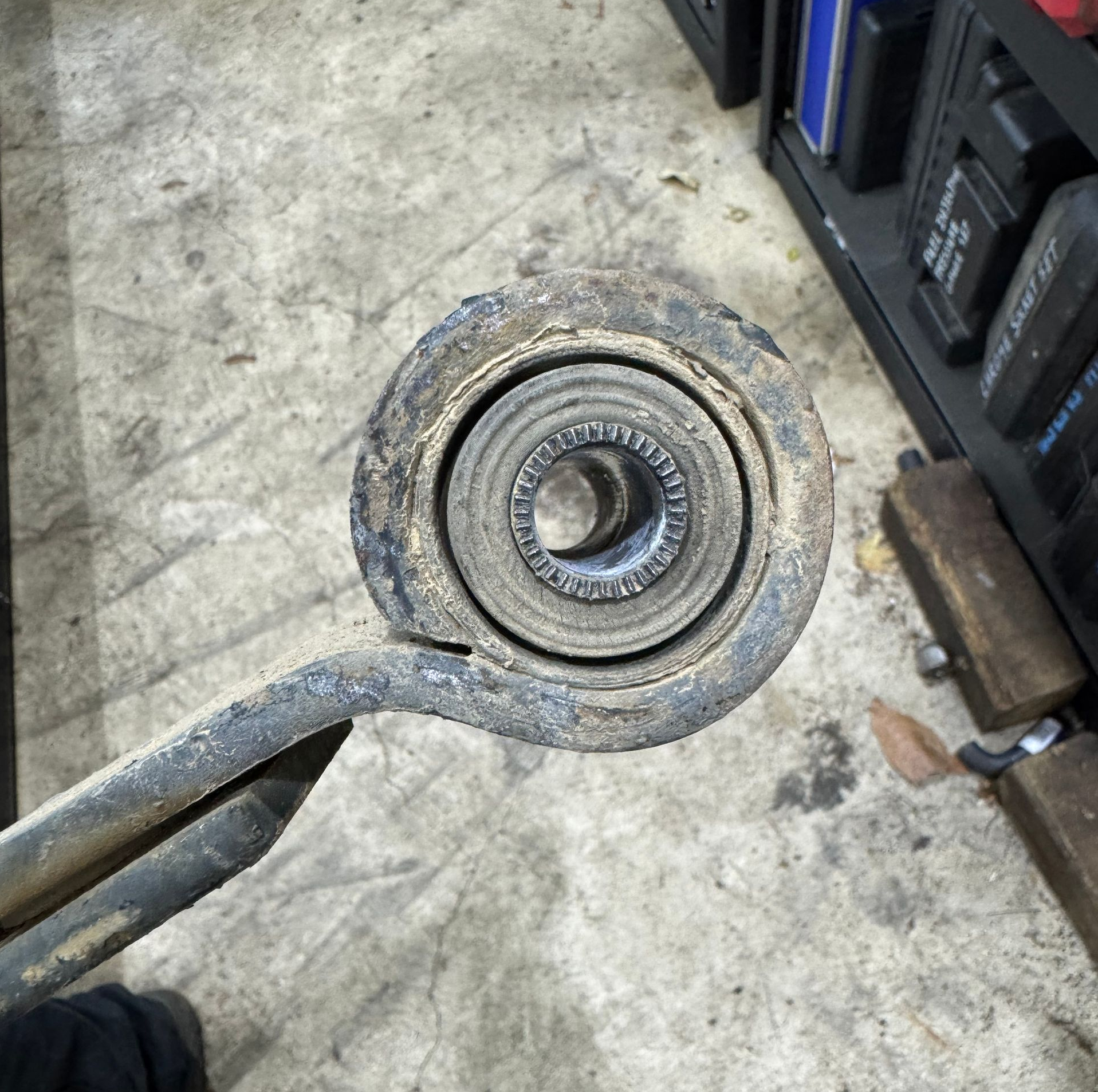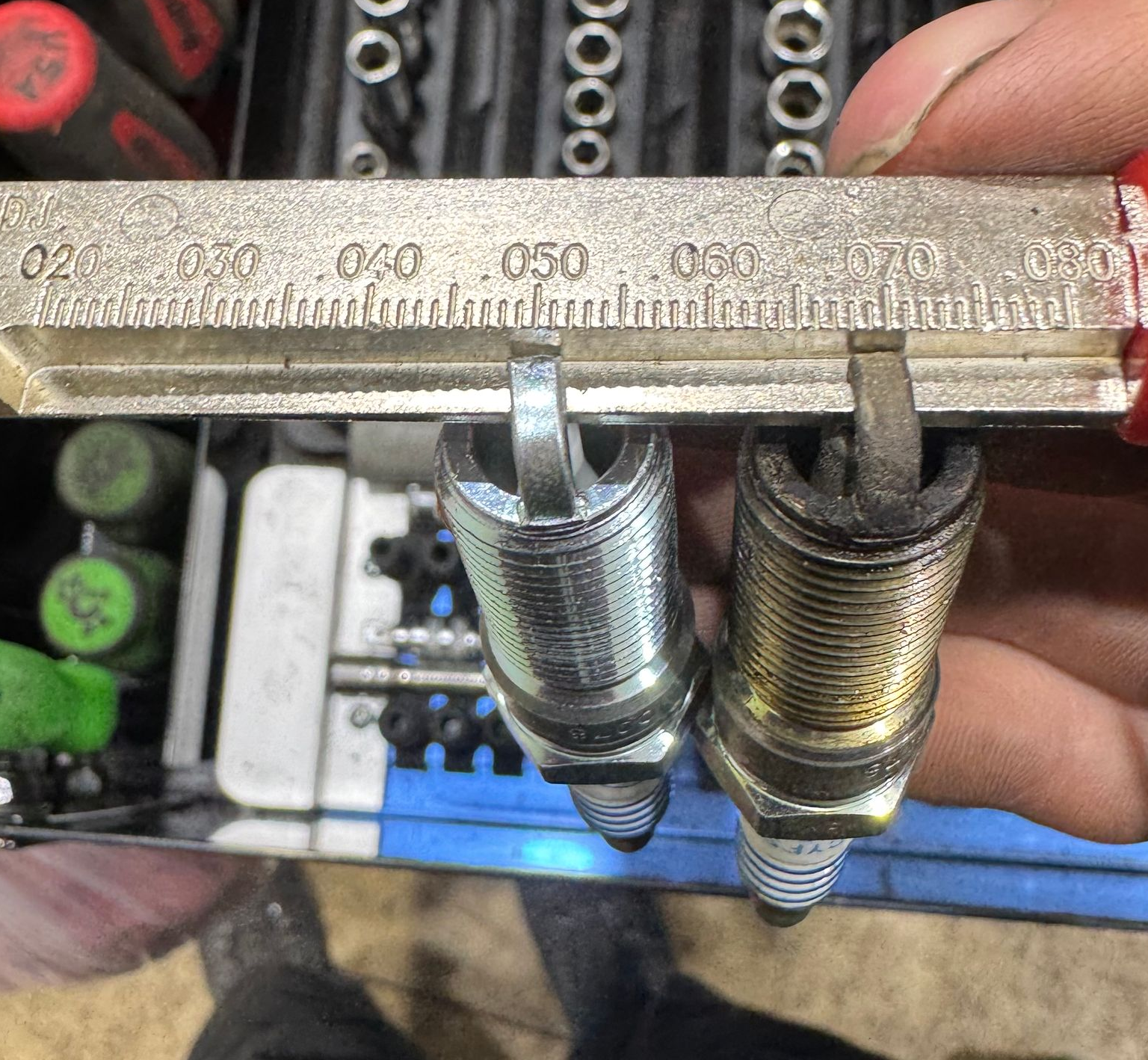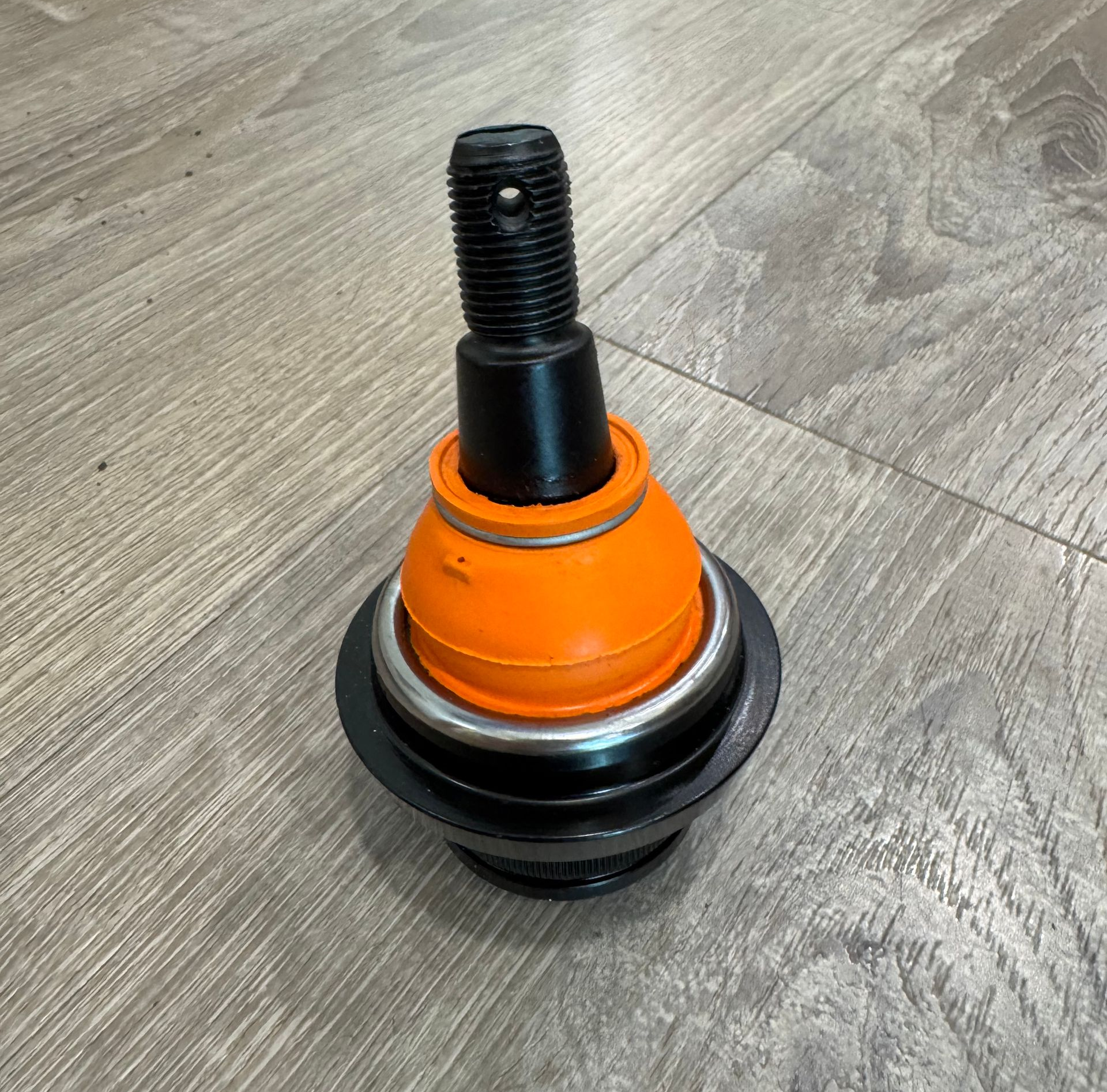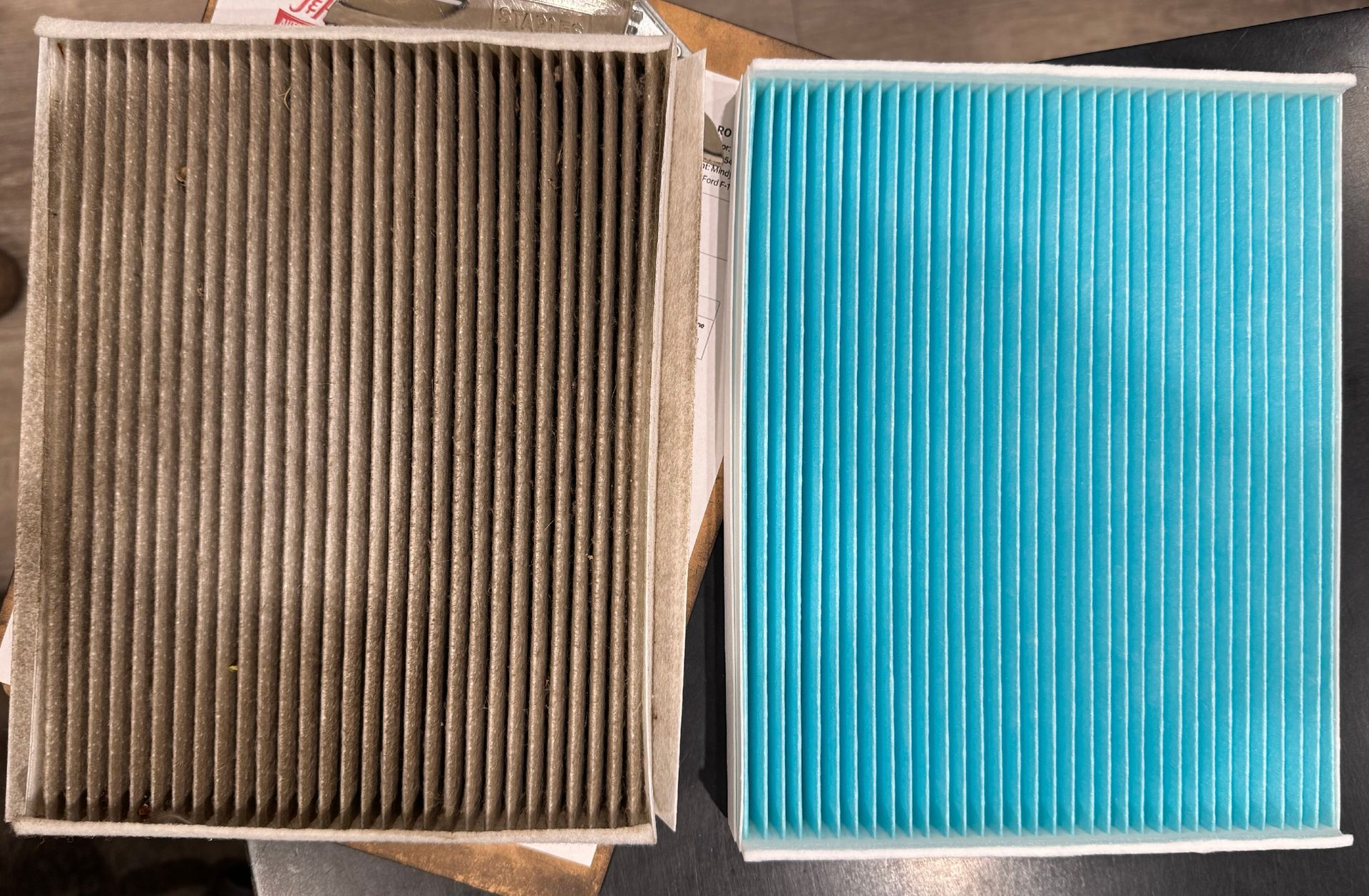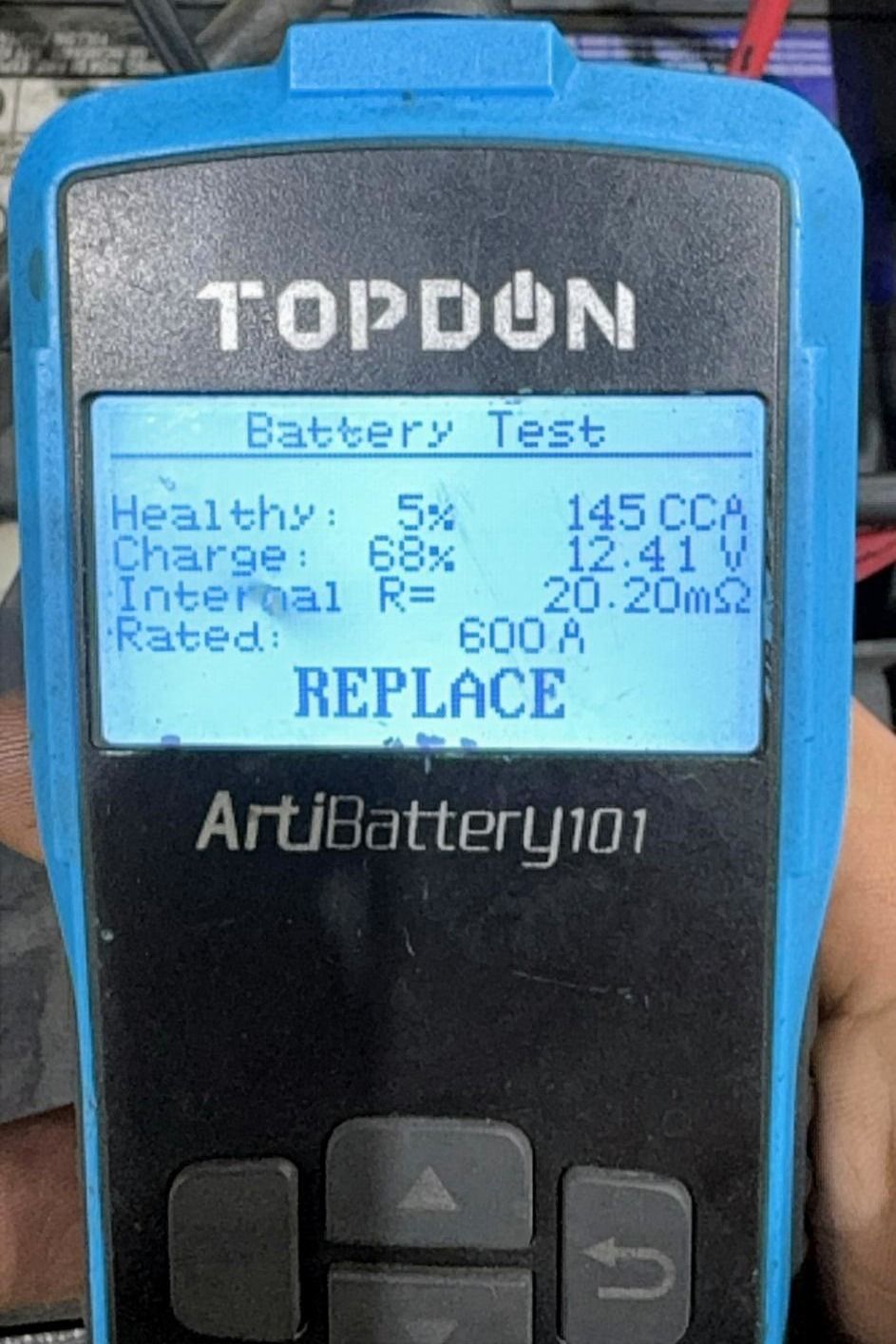Why did your car burning oil?
Witnessing your car emit smoke, particularly a bluish tint, can be alarming and raise concerns about potential engine issues. In this blog post, we'll delve into the reasons why your car may be burning oil, exploring common culprits and emphasizing the importance of identifying and addressing this issue to ensure the longevity of your engine.
Worn Piston Rings: One of the primary reasons for oil burning is worn piston rings. These rings create a seal between the piston and cylinder, preventing oil from entering the combustion chamber. When rings wear out, oil can slip past, leading to combustion and the characteristic bluish smoke from the exhaust.
Valve Seal Issues: Valve seals play a crucial role in preventing oil from entering the combustion chamber through the valves. Over time, these seals can degrade or become damaged, allowing oil to burn during the combustion process.
Cylinder Wall Damage: Damage to the cylinder walls, often due to wear or insufficient lubrication, can contribute to oil burning. Proper engine lubrication is essential for preventing friction-related damage.
PCV Valve Malfunction: The Positive Crankcase Ventilation (PCV) valve regulates the flow of gases from the crankcase. A malfunctioning PCV valve can lead to increased pressure within the crankcase, causing oil to be drawn into the combustion chamber and burned.
Incorrect Oil Viscosity: Using the wrong viscosity or type of oil for your engine can impact its ability to create a proper seal. This may result in oil burning and increased exhaust smoke. Always follow the manufacturer's recommendations for oil type and viscosity.
High Mileage and Engine Wear: As a car accumulates mileage, wear and tear on engine components become more pronounced. High-mileage engines may experience increased oil consumption due to worn seals, rings, or other internal components.
Clogged or Faulty PCV System: A clogged or faulty PCV system can disrupt the proper ventilation of the crankcase, leading to pressure imbalances and oil burning. Regular maintenance, including PCV system checks, is essential.
Turbocharger Issues: Vehicles equipped with turbochargers may experience oil burning if the turbocharger is damaged or if there are issues with the oil seals. Regular inspection of the turbocharger and associated components is crucial.
Addressing Oil Burning:
- Monitor oil levels regularly and top up as needed.
- Following recommended oil change intervals and use the specified oil type and viscosity.
- Address warning signs promptly, such as increased exhaust smoke.
Understanding why your car is burning oil is crucial for maintaining engine health and preventing potential damage. Regular maintenance and prompt attention to warning signs can help preserve your engine's performance and minimize the impact of oil burning. Give us a call and let us take care of you.
Happy Adventures,
Heather
Our specials can be found here - Specials - J & H Automotive, Inc
Ready to make an appointment … Appointments - J & H Automotive, Inc
Want to know more … About Us - J & H Automotive, Inc
Would you like to join our merry band of misfits? Careers - J & H Automotive, Inc

